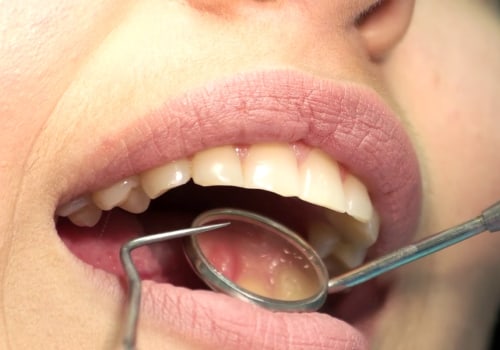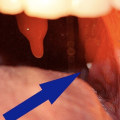The specialists who place dental implants are periodontists, oral and maxillofacial surgeons, also known as oral surgeons, and prosthodontists. A dental implant is a metal post that replaces the root portion of a missing tooth. An artificial tooth (crown) is placed on an extension of the post (abutment) of the dental implant, giving it the appearance of a real tooth. All oral and maxillofacial surgeons are trained as general dentists before returning to school to study their specialty.
Dental implant surgery is a procedure that replaces the roots of the teeth with metal posts in the form of screws and replaces damaged or missing teeth with artificial teeth that look and work much like real ones. The main benefit of implants is a solid support for the new teeth, a process that requires the bone to heal firmly around the implant. Because this bone healing takes time, the process can take many months. If your jaw isn't thick enough or too soft, you may need a bone graft before you can have dental implant surgery.
This is because the powerful masticatory action of the mouth places great pressure on the bone and, if it cannot support the implant, the surgery is likely to fail. A bone graft can create a stronger base for the implant. You may need pain relievers or antibiotics after dental implant surgery. Many people think it's easy to go to any dental office to get dental implants. However, it doesn't work that way.
Periodontists, oral and maxillofacial surgeons, and prosthodontists are the only professionals certified by the American Dental Association to perform the insertion of dental implants. These professionals requested more training to obtain ADA certification. Patients feel little pain until the anesthesia wears off, and dentists often recommend over-the-counter pain relievers to control pain. It's true that certified dentists tend to be less expensive than specialists, but they don't have the same level of training. Prosthodontists are dentists who specialize in repairing teeth and replacing missing or damaged teeth with artificial devices. Today, even general dentists place dental implants, although they often lack the years of training and education that others have.
After the anesthesia is administered, the dentist or surgeon screws a titanium implant post into the patient's jaw. Competent and highly qualified in dental surgery, even as a recent graduate, an oral surgeon is the most qualified dentist to place dental implants. To create the new tooth or teeth, the dentist takes impressions of the teeth and creates a model of the bite (which captures all the teeth, their type and arrangement). Proper care includes an excellent oral hygiene routine that consists of brushing and flossing your teeth regularly and attending hygiene cleanings and regular appointments at the dentist's office. General dentists often attend continuing education courses later in their career to learn how to successfully place dental implants. The dental implant planning process can include a variety of specialists, including a doctor who specializes in conditions of the mouth, jaw and face (oral and maxillofacial surgeon), a dentist who specializes in treating structures that support teeth such as gums and bones (periodontist), a dentist who designs and places artificial teeth (prosthodontist), or sometimes an ear, nose and throat specialist (otolaryngologist).
After that, you should choose an implant dentist who is passionate about their work and cares about their patients. The dentist should help you select the best possible restoration to achieve a charming, natural smile. However, these symptoms are usually well controlled with medications prescribed by the surgeon or dentist.






